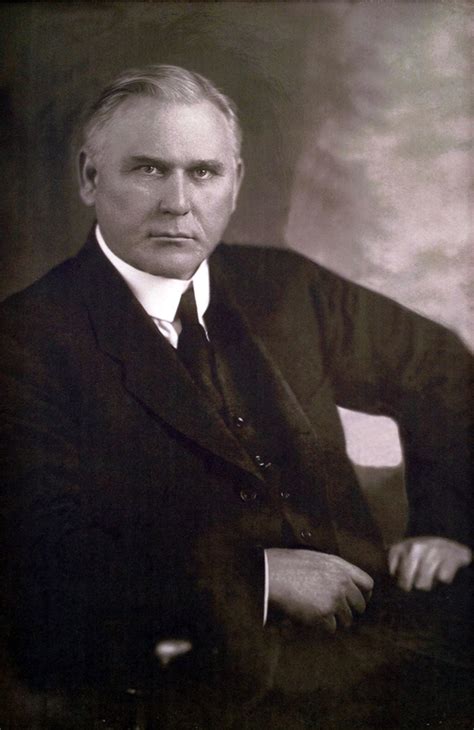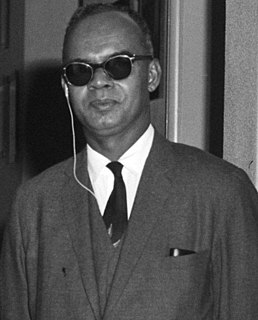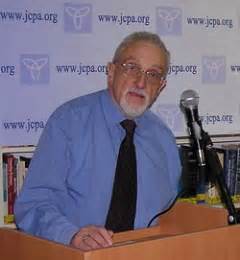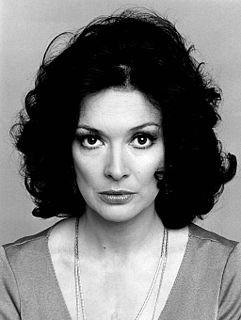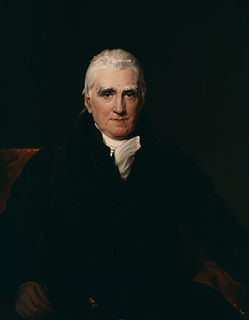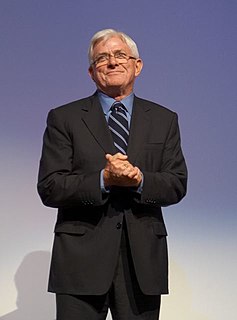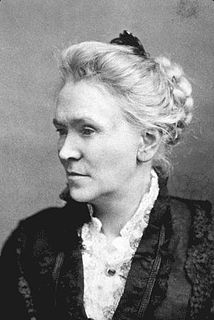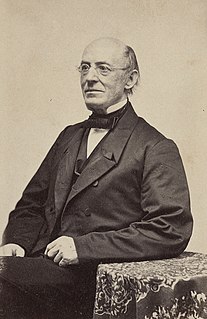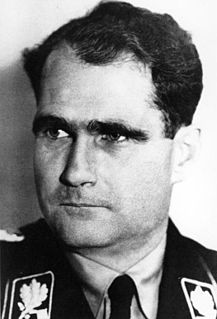Top 1200 Church And State Quotes & Sayings
Explore popular Church And State quotes.
Last updated on April 14, 2025.
The church must be reminded that it is not the master or the servant of the state, but rather the conscience of the state. It must be the guide and the critic of the state, and never its tool. If the church does not recapture its prophetic zeal, it will become an irrelevant social club without moral or spiritual authority.
Constantine, the Emperor, saw something in the religion of Christ's people which awakened his interest, and now we see him uniting religion to the state and marching up the marble steps of the Emperor's palace, with the church robed in purple. Thus and there was begun the most baneful misalliance that ever fettered and cursed a suffering world... When ... Constantine crowned the union of church and state, the church was stamped with the spirit of the Caesars.
As you know, the separation of church and state is not subject to discussion or alteration. Under our Constitution no church or religion can be supported by the U.S. Government. We maintain freedom of religion so that an American can either worship in the church of his choice or choose to go to no church at all.
Today the separation of church and state is America is used to silence the church... The way the concept is used today is totally reversed from the original intent... It is used today as a false political dictum in order to restrict the influence of Christian ideas... To have suggested the state separated from religion and religious influence would have amazed the Founding Fathers.
Protestants are the more segmented group. Mainline churches - you have problems in the U.S., Europe, the Scottish Church, the Dutch Protestant Church, the state church in Norway. The evangelicals have been pro Israel, but a major effort is to bring them in on the Palestinian side. A huge problem and the problems are rising.
Each of us has the choice to attend the church we want to, or none at all. Separation of church and state allows for religions to have their own set of rules as to whom they will accept and who they won't, and the practices they support and the ones they don't. They will continue to be able to do so.
The decision for complete religious freedom and for separation of church and state in the eyes of the rest of the world was perhaps the most important decision reached in the New World. Everywhere in the western world of the 18th century, church and state were one; and everywhere the state maintained an established church and tried to force conformity to its dogma.
The separation of church and state is necessary partly because if religion is good then the state shouldn't interfere with the religious vision or with the religious prophet. There must be a realm of truth beyond political competence, that's why there must be a separation of churches, but if religion is bad and a bad religion is one that gives an ultimate sanctity to some particular cause. Then religion mustn't interfere with the state - so one of the basic Democratic principles as we know it in America is the separation of church and state.
In the first place, the church can ask the state whether its actions are legitimate and in accordance with its character as state, i.e., it can throw the state back on its responsibilities. Secondly, it can aid the victims of state action. The church has an unconditional obligation to the victims of any ordering of society, even if they do not belong to the Christian community. The third possibility is not just to bandage the victims under the wheel, but to put a spoke in the wheel itself.
One of the primary questions in a state-church arrangement is, 'which controls which?' . . . In Norway, for example, the liberal labor government has regularly angered Church officials by making controversial ministerial appointments against the wishes of the clergy. . . . These and other actions have strained the church-state relationship almost to the breaking point. As a result, some of the bishops have advocated disestablishment.
The preachers and lecturers deal with men of straw, as they are men of straw themselves. Why, a free-spoken man, of sound lungs, cannot draw a long breath without causing your rotten institutions to come toppling down by the vacuum he makes. Your church is a baby-house made of blocks, and so of the state....The church, the state, the school, the magazine, think they are liberal and free! It is the freedom of a prison-yard.
Martin Luther described the doctrine of justification by faith as the article of faith that decides whether the church is standing or falling. By this he meant that when this doctrine is understood, believed, and preached, as it was in New-Testament times, the church stands in the grace of God and is alive; but where it is neglected, overlaid, or denied, ... the church falls from grace and its life drains away, leaving it in a state of darkness and death.
The church must never become a government factory, carrying on a nationalized industry of religion with the people as the bolts and nuts; with God reduced to the role of cramped advocate of current national policy. Surely the pages of history are replete and the examples in many a foreign country convincing that this kind of church-state union-whatever the original motives, or however noble the original purposes-winds up with a state that is less than stable and a church that is less than sanctified, and with the poor still hungry.
A State, in idea, is the opposite of a Church. A State regards classes, and not individuals; and it estimates classes, not by internal merit, but external accidents, as property, birth, etc. But a church does the reverse of this, and disregards all external accidents, and looks at men as individual persons, allowing no gradations of ranks, but such as greater or less wisdom, learning, and holiness ought to confer. A Church is, therefore, in idea, the only pure democracy.
The divorce between Church and State ought to be absolute. It ought to be so absolute that no Church property anywhere, in any state or in the nation, should be exempt from equal taxation; for if you exempt the property of any church organization, to that extent you impose a tax upon the whole community.
It is interesting to observe that in the year 1935 the average individual's incurious attitude towards the phenomenon of the State is precisely what his attitude was toward the phenomenon of the Church in the year, say, 1500. It does not appear to have occurred to the Church-citizen of that day, any more than it occurs to the State-citizen of the present, to ask what sort of institution it was that claimed his allegiance.
It is true that traditional Christianity is losing some of its appeal among Americans, but that is a religious, not political, matter. It is worth remembering that the Jeffersonian 'wall of separation' between church and state has always been intended to protect the church from the state as much as the state from the church.



